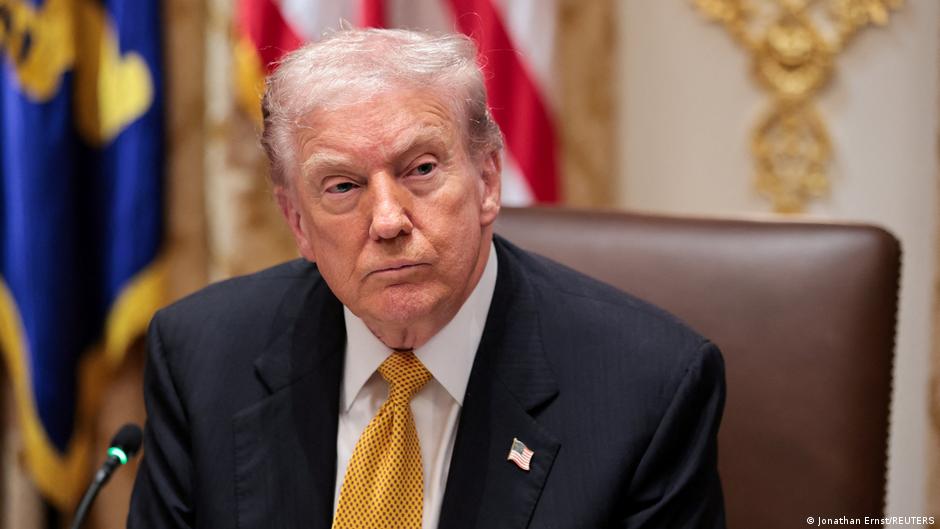Trump’s Controversial Withdrawal from the G20 Summit
In a striking announcement that has generated significant conversation, former President Donald Trump declared on Friday that no U.S. officials would attend the upcoming G20 summit in South Africa. This decision stems from Trump’s criticism of the South African government’s treatment of white farmers, an issue he has frequently highlighted during his political career.
The Context of Trump’s Decision
Trump took to his Truth Social platform to express his discontent, labeling the decision to hold the G20 summit in South Africa a “total disgrace.” His sentiment is tied to long-standing allegations against the South African government regarding the treatment of its white minority population. In Trump’s view, claims of land seizures and violence against these farmers represent egregious human rights violations that ought to be addressed before any U.S. representatives engage with South Africa on the global stage.
Accusations and Responses
For years, the Trump administration has alleged that the South African government discriminates against Afrikaners and other white South Africans. According to Trump, such discriminatory practices necessitate a firm stance from the U.S. government. However, the South African authorities have firmly rejected these accusations, asserting that there is no systematic persecution of white individuals in the country. Instead, they characterize the land reform policies as efforts to rectify historical injustices.
The Broader Implications for U.S.-South Africa Relations
Trump’s announcement reflects deeper geopolitical tensions and questions about the role of South Africa within global leadership forums like the G20. His remarks at a recent business event in Miami suggested that he believes South Africa should not even participate in the G20 due to what he described as “bad” situations unfolding within the country. This sharp rhetoric raises concerns about the future of U.S.-South Africa relations and the perception of the African nation on the international stage.
JD Vance’s Role in the Summit
Initially, Trump indicated in September that he would skip the G20 summit, while appointing Vice President JD Vance to attend on his behalf. However, as news broke regarding Trump’s decision to withdraw all U.S. officials, it was reported by Reuters that Vance would also not be making the trip. An unnamed source confirmed that the Vice President had no plans for international travel in the near future, further underscoring the administration’s stance on this contentious issue.
The G20 and Future U.S. Leadership
Each year, the G20 presidency rotates among its member states, with the host country determining the agenda for the summit. After this year’s meeting, which is set to take place on November 22-23, the United States is scheduled to assume the presidency. In a clear indication of his ambitions, Trump is planning to host next year’s summit at his golf resort in Miami, continuing his pattern of intertwining business with political responsibilities.
By choosing a venue so closely associated with his brand, Trump not only aims to showcase his entrepreneurial interests but also to reinforce his narrative of America’s leadership role on global issues. His prior attempt to host the G7 summit at the same location in 2020 underscores his ongoing desire to maintain a personal stake in diplomatic dialogues.
A Divisive Standoff
Trump’s recent decisions regarding the G20 summit highlight a divisive line in international relations, particularly concerning the treatment of minorities in foreign nations. By voicing his objections in such a public manner, Trump positions himself as a vocal advocate for human rights—at least in the context of South Africa. Yet, this has raised questions about the selective attention to human rights abuses in other nations, where U.S. diplomatic interests may not align.
As the world watches these developments unfold, the implications for U.S. foreign policy and international cooperation remain uncertain and charged with potential conflict.



